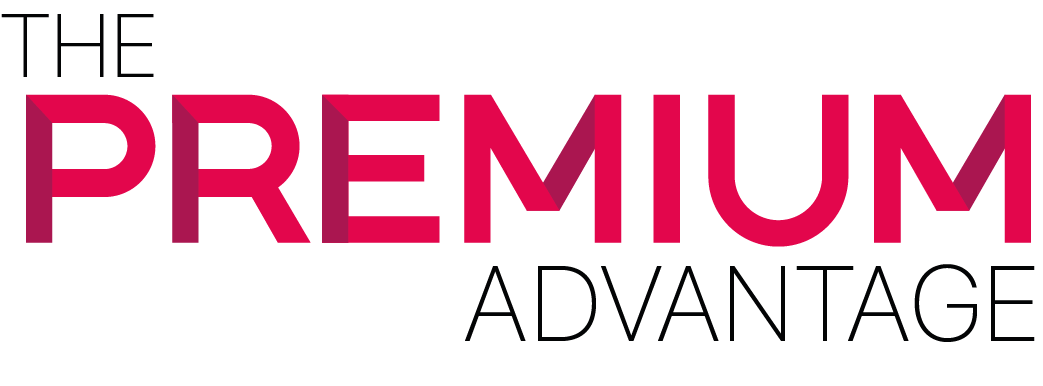Many of us start a business right from home and rely on our homeowner’s insurance policies to provide coverage for our business. While your policy covers your home, business related files, equipment and operations are not covered. Using your home to operate a home-based business may revoke your homeowner’s policy leaving you and your home at risk. To properly secure your home business you will need to consider purchasing commercial insurance.
There are several factors to look at when evaluating your insurance needs. Factors such as business type, number of employees, total sales and earnings. Use the information located below to help determine coverage and as always your agent is available to point you in the right direction.
Home-Based Business
Many small businesses are started at home consisting of one to no other employees with little revenue. Even though your business is home-based always consider insuring your property. Homeowners insurance will not cover your home-based business against losses in property or liability. Ask yourself the following:
– Do I have clients visit my home?
– Do I keep supplies or inventory in my home or other locations?
– If my home is damaged, would I lose income for closing down my business?
– Do employees work in and outside of my home?
– Are client and employee records stored on my computer?
A homeowner’s policy may not provide enough coverage for your home-based business, if you answered “yes” to any of the above questions. Without appropriate coverage, your business could be financially responsible for property damage, employee injuries, or lawsuits.
- General Liability – With inventory, equipment, or supplies not kept at home or at other offsite locations you may purchase basic coverage. General liability coverage protects you if a client or employee sues you for negligence, personal injury or faulty product.
- Business Owner’s Policy – A standard business owner’s policy combines property and liability coverage. Commercial insurance coverage protects damage to inventory or loss of business income if damages to home result from fire or wind. Endorsements can tailor your policy to cover business interruption if you have to close and operate out of a temporary location. Liability protection covers your business’s legal responsibility for harm caused to others. Business Owner’s Policies do not cover professional liability, auto insurance, worker’s compensation, or health and disability insurance.
- Business Income Insurance – This type of coverage will help to replace lost income when you are unable to conduct business due to a loss.
Small Business
At any level, commercial insurance protects your business’s property, income and liability claims. To consider your company a small business by an insurer’s definition you should have fewer than 50 employees and revenue below $5 million. Purchasing a business owner’s policy combines coverage for your property, general liability and business incomes as stated above. You can extend the coverage on your business for any specific needs. These additional business coverage include:
- Worker’s Compensation Insurance – Texas does not require worker’s compensation. Worker’s compensation provides benefits to employees if injured in work-related activities and illnesses.
- Commercial Auto Insurance – Considering adding commercial auto to your policy if you or employees use a vehicle for work-related duties. Commercial auto insurance will cover costs from a work-related loss as a regular auto insurance may not cover.
Medium-Sized Business
As your small business grows, an insurer will graduate it to a medium-sized business with 50 to 1,000 employees and revenue between $10 million to $1 billion. At this point, your coverage would go from a Business Owner’s Policy to the Commercial Package Policy. Commercial Package Policies combine commercial general liability, commercial property and commercial auto. Commercial property provides coverage to any building owned or leased by you including improvements, permanent equipment, business and personal property on premises. Additional coverage includes goods in transit, remodeling, data loss, flood, business income interruption, employee theft and embezzlement. Commercial Property insurance comes in three forms:
- Basic Form – protects against loss from fire, lightning and wind storm
- Broad Form – protection extended to additional perils from basic form such as water damage and structural collapse
- Special Form – protects against all perils unless specifically excluded such as flood, earthquake, terrorism, wear and tear and insects
Commercial General Liability insures a business of protection from lawsuits, bodily injury or property damage that may arise. Medical payments coverage for injuries suffered on premises or job site on a no fault basis. Additional coverage to supplement your Commercial General Liability Policy includes Errors and Omissions Insurance, Workers Compensation and Environmental Liability. An Errors and Omissions Insurance protects professionals and individuals who provide a service from a negligence claim a client may file.
Large Business
Insurers identify a large business to carry at least 500 employees with revenue requirements depending on the type of business. Larger businesses have their commercial insurance customized to meet specific needs because of potential multi-million dollar risks they could face. Larger businesses hire risk management consultants to analyze potential causes of accidents or loss and offer recommendations of preventive measures and how to minimize costs.
Because the risks medium-sized and larger businesses may face it is always best to sit down with an insurance professional. An agent will be better informed and offer options from several companies to help you understand and develop the coverage you need for your business.
Contact our offices today to assist you in finding the right coverage for you business.
